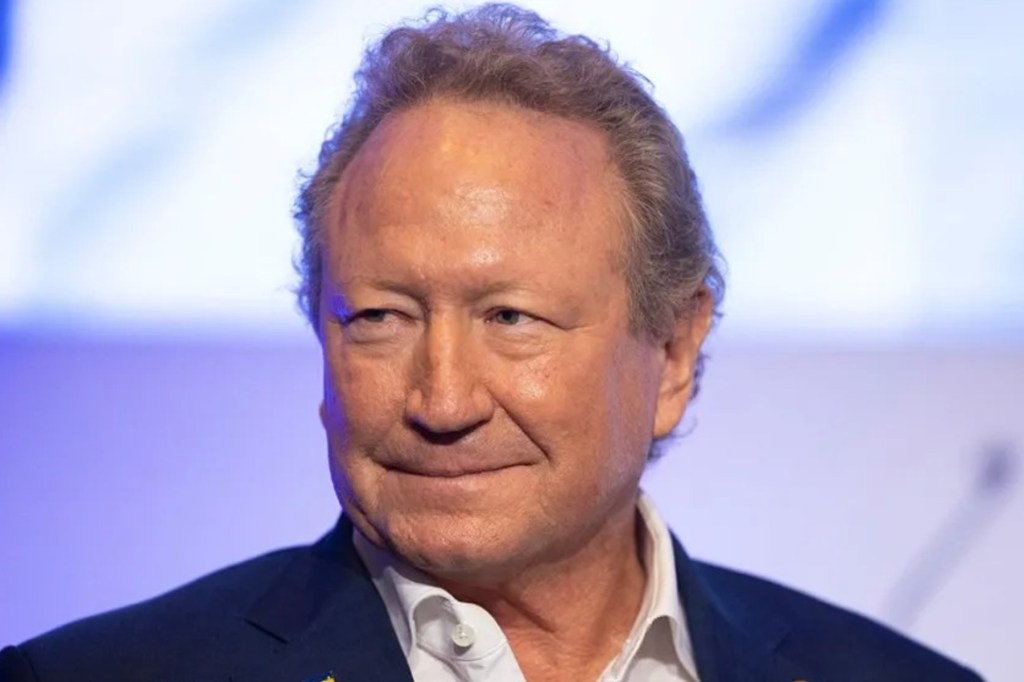Trump chiefs grilled over war text ‘sloppiness’
US President Donald Trump has downplayed his top military and intelligence chiefs accidentally texting sensitive war plans to a journalist.
Trump told NBC the “glitch” was the only mishap in two months of his administration and “turned out not to be a serious one”.
The Atlantic editor-in-chief Jeffrey Goldberg revealed on Tuesday (AEDT) he was mistakenly added to a group chat with the heads of Defence, the CIA and National Intelligence among others.
Goldberg was privy to a secret discussion of highly sensitive war plans to strike Houthi militants in Yemen, “including information about targets, weapons the US would be deploying and attack sequencing”.
Trump expressed support for his national security adviser, Michael Waltz, who mistakenly added Goldberg to the group chat.
“Michael Waltz has learned a lesson, and he’s a good man,” he said.
On Wednesday (AEDT), US national intelligence director Tulsi Gabbard and CIA director John Ratcliffe – both of whom were in the chat – testified before the Senate Intelligence Committee.
In a fiery two-hour grilling, they claimed no classified material was shared in the group chat on Signal, an encrypted commercial messaging app.
Ratcliffe refused to admit to a security blunder.
“This was a huge mistake, correct?” asked Democrat Senator John Ossoff.
You might like
“No,” Ratcliffe said.
Ossoff said it was “an embarrassment”.
“There’s been no apology. There has been no recognition of the gravity of this error,” he said.
In a shouting match with Democrat Senator Michael Bennet, Ratcliffe again rejected that classified information was shared.
“Absolutely not, Senator,” he said.
Bennet concluded: “This sloppiness, this incompetence, this disrespect for our intelligence agencies and the personnel who work for them is entirely unacceptable.”
The revelation on Tuesday triggered outrage and disbelief among national security experts and prompted Democrats – and some of Trump’s fellow Republicans – to call for an investigation of what they described as a major security breach.
“I am of the view that there ought to be resignations, starting with the national security adviser and the secretary of defence,” Democratic Senator Ron Wyden said at the hearing.
Ossoff appeared to grow frustrated after Ratcliffe answered “I don’t recall” to questions about the content of the Signal chat.
“Director Ratcliffe, surely you prepared for this hearing today,” Ossoff said.
“You are part of a group of principals, senior echelons of the US government, and now a widely publicised breach of sensitive information.
Stay informed, daily
“We will get the full transcript of this chain, and your testimony will be measured carefully against its content.”
A former US official told Reuters that operational details for military actions were typically classified and known to only a few people at the Pentagon.
Such top secret information was usually kept on computers that use a separate network, the official said.
National Security Council spokesman Brian Hughes said the chat group appeared to be authentic.
The White House said it was looking into how Goldberg’s number was added to the thread.
Classified and sensitive information is not supposed to be shared on commercial mobile phone apps. Unknown numbers – such as Goldberg’s – should not be included.
Accounts that appeared to represent Vice President JD Vance, US Secretary of State Marco Rubio, Ratcliffe, Gabbard, Treasury Secretary Scott Bessent, White House chief of staff Susie Wiles and senior National Security Council officials were assembled in the chat group, Goldberg wrote on Monday.
White House press secretary Karoline Leavitt accused Goldberg of sensationalising the story in a post on X and asserted that no war plans were discussed and no classified material was sent to the thread.
Goldberg did not include the planning details that he said Hegseth had posted in the chat, but he termed it “shockingly reckless”.
Hegseth said on Monday that no one had texted war plans.
On CNN on Monday, Goldberg called those comments “a lie”.
It remained unclear why the officials chose to chat via Signal rather than the secure government channels typically used for sensitive discussions.
Trump has since said the use of the app will be reviewed.
Signal had a “stellar reputation and is widely used and trusted in the security community”, said Rocky Cole, whose cybersecurity firm iVerify helps protect smartphone users from hackers.
“The risk of discussing highly sensitive national security information on Signal isn’t so much that Signal itself is insecure,” Cole said.
“It’s the fact that nation-states threat actors have a demonstrated ability to remotely compromise the entire mobile phone itself. If the phone itself isn’t secure, all the Signal messages on that device can be read.”
Republican representative Don Bacon, a retired US Air Force general who sits on the House Armed Services Committee, said that Hegseth needed to take responsibility for the breach, which he said had endangered lives.
Asked about the White House claim that no classified details were shared, Bacon said: “They ought to just be honest and own up to it.”








